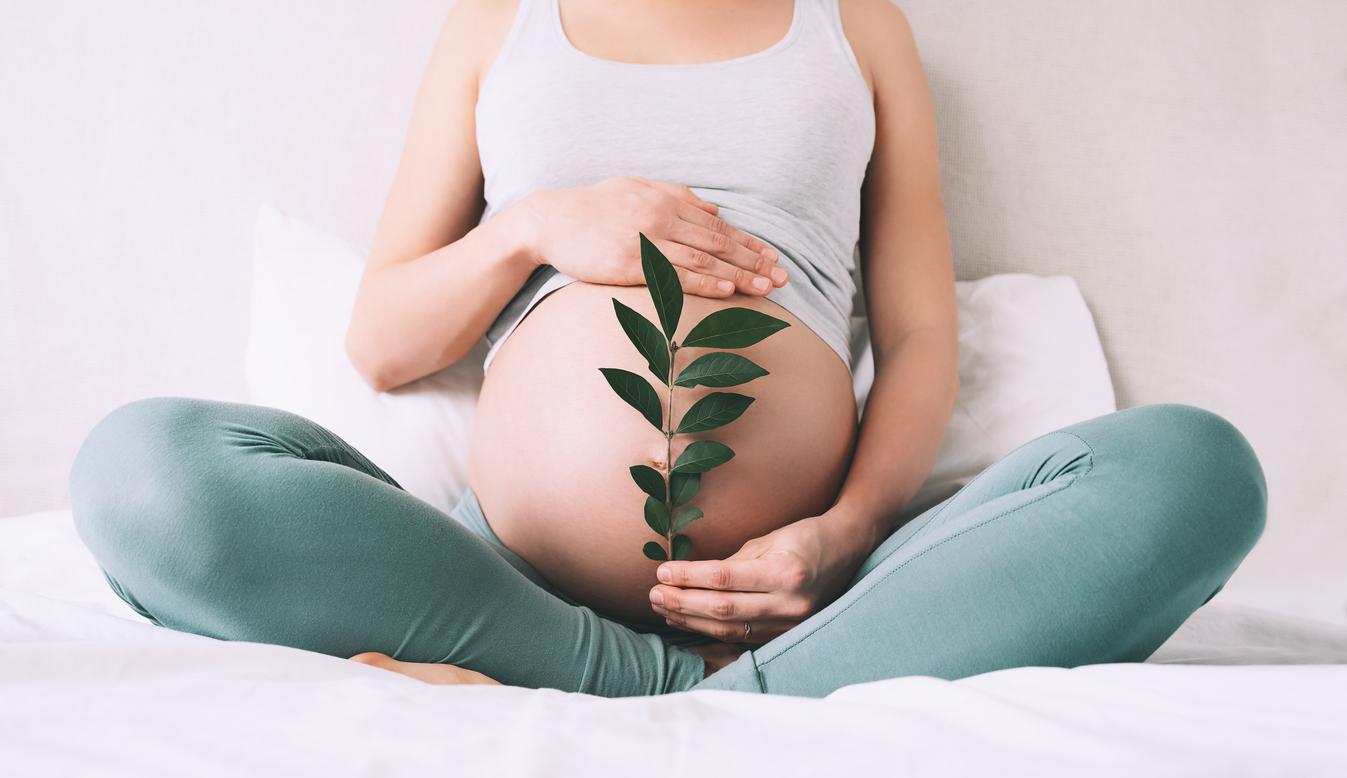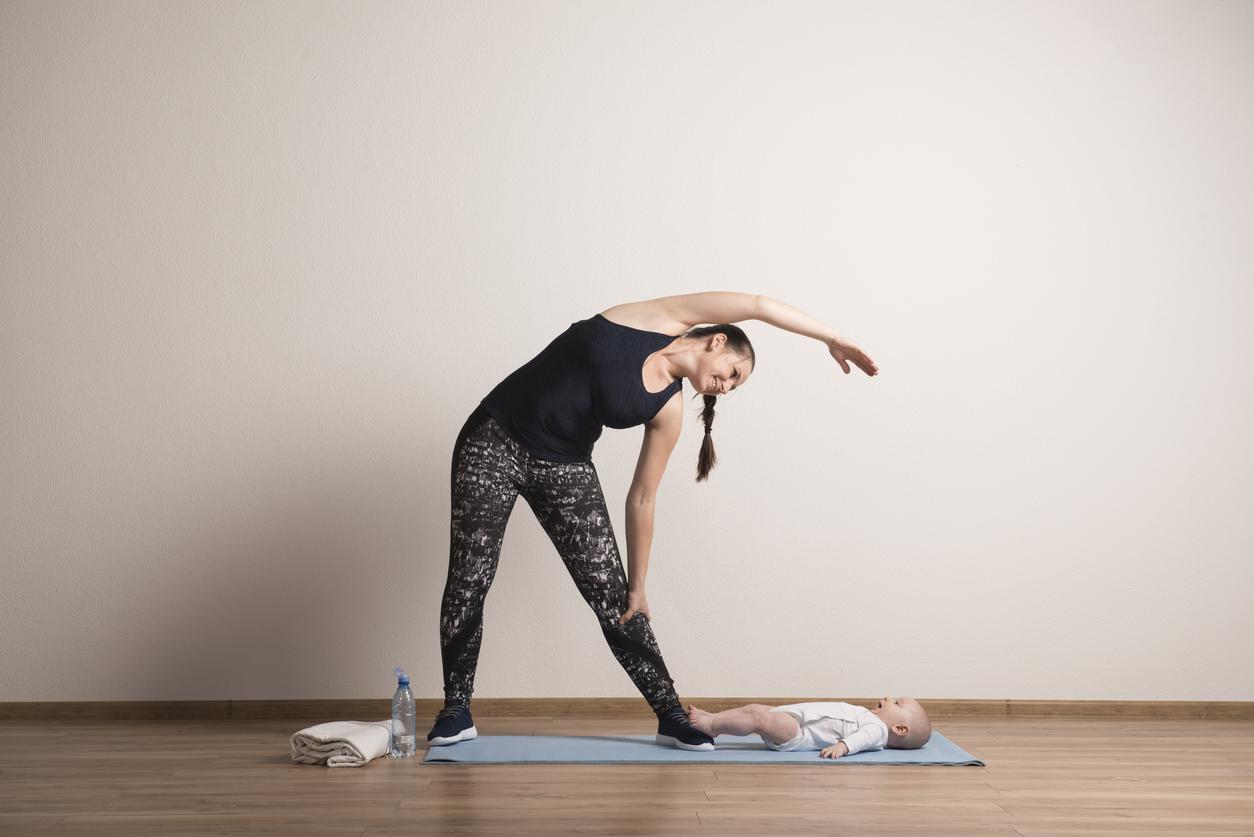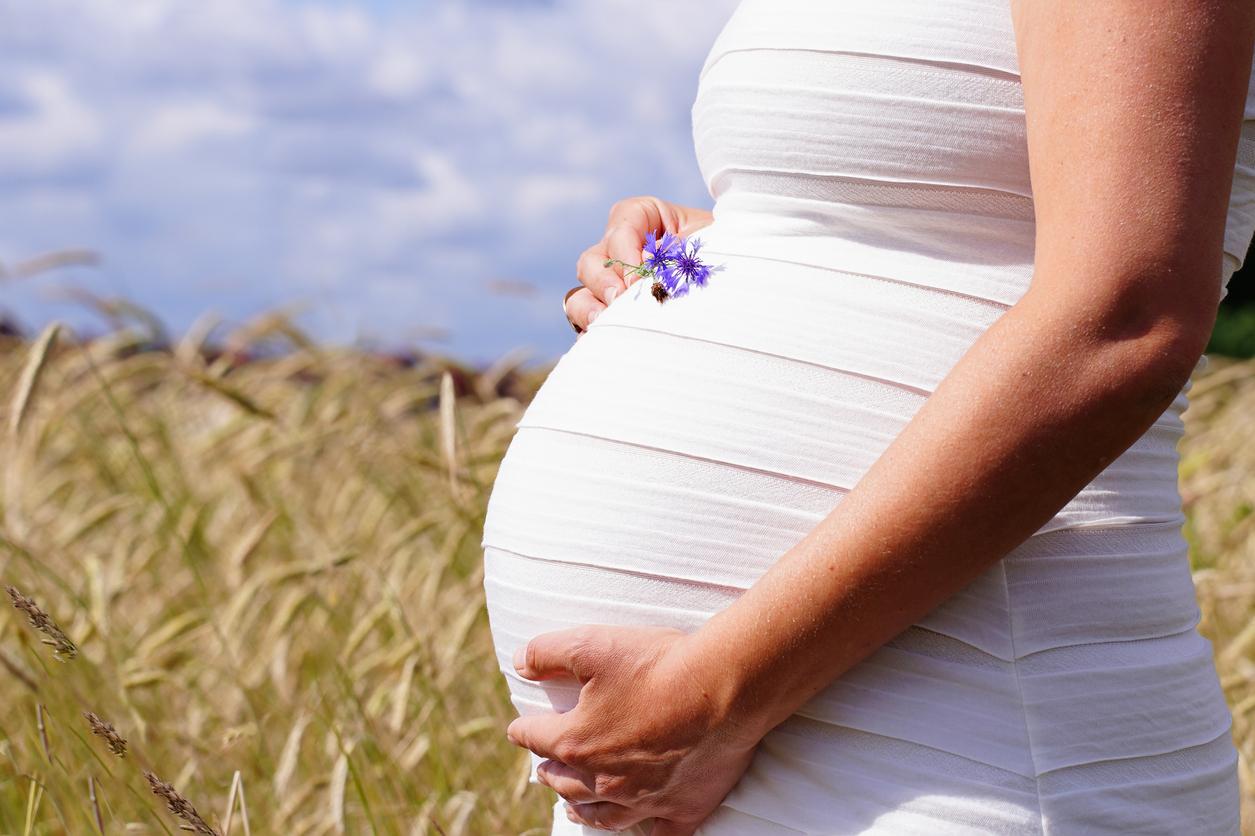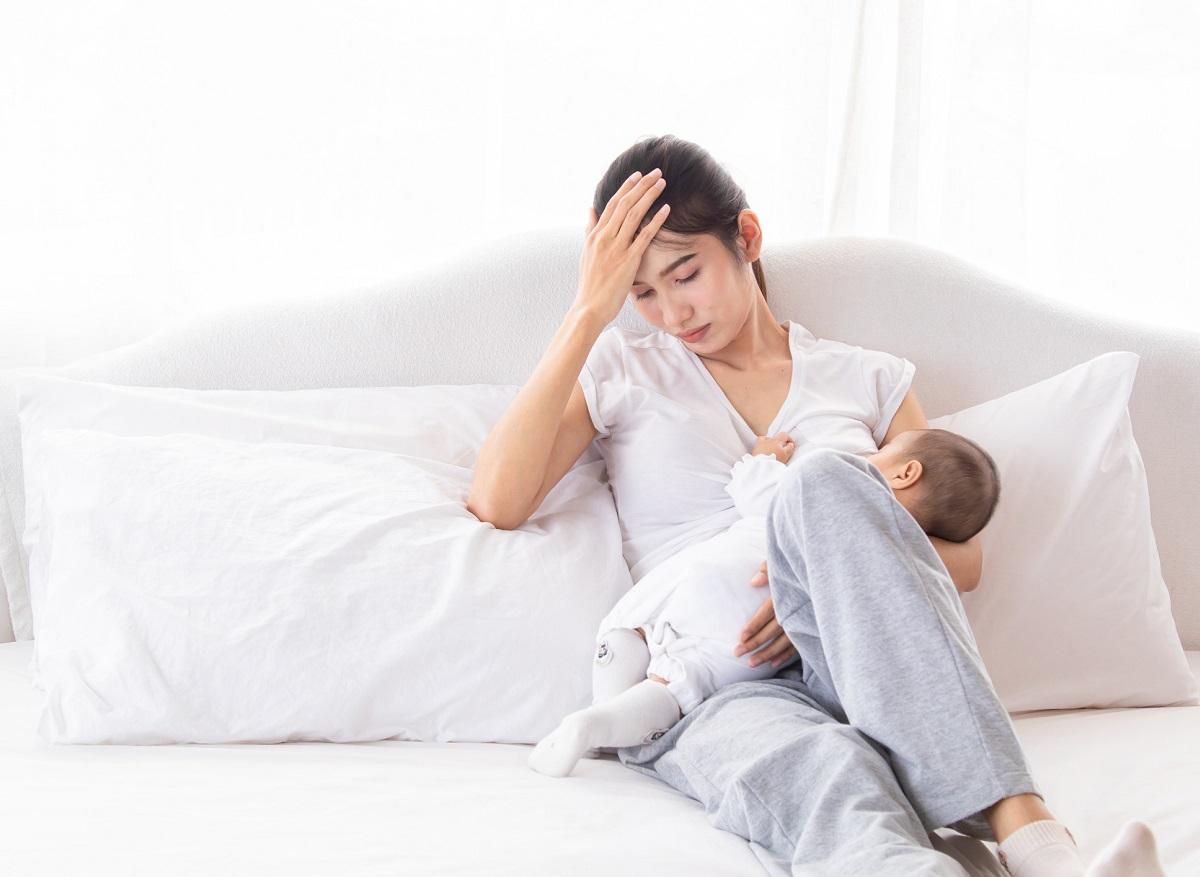An American study points to the link between exposure to phthalates, harmful endocrine disruptors found in plastics, and premature births. Here are five tips to prevent it.

- In France, a child is born prematurely (ie before 8.5 months of gestation) every eight minutes, which represents 60,000 births per year.
- The Health Environment Network, which allowed the banning of bisphenol A, asks the Ministry of Health to carry out campaigns with parents, who are not sufficiently informed according to this association.
- Reducing contact with phthalates by 50% would prevent 7,200 premature births in the country.
The presence of chemical compounds called phthalates, endocrine disruptors harmful to health present in plastics and found in food and everyday objects, could also cause premature births, according to an American study relayed by The Parisian. Published in the journal JAMA Pediatricsthis study establishes a strong link between this contact with phthalates and premature delivery.
However, certain gestures make it possible to avoid too much exposure. Here is the advice of the chairman of the board of directors of Réseau environnement santé, toxicologist and environmental health researcher André Cicolella, interviewed at the microphone ofEuropean 1 this morning of November 8.
Avoiding ultra-processed food and microwaveable plastic dishes
In the kitchen, “you don’t heat a plastic dish in the microwave, for example”, underlines the researcher. During meals, ultra-processed foods should be avoided. “because it is processed in plastic containers, so it is contaminated at this level”he adds.
The results of a 2016 American study showed that people who eat fast food were more exposed to phthalates than others. The concentrations of DEHP and DINP (phthalates) were 23.8% and 40% higher in their urine than in those of people who did not eat fast food. Meat and grains are particularly prone to phthalate contamination. The grains used in many foods such as pizzas, bread or cakes would also be an important source of exposure.
Favor organic and glass
On the bathroom side, it is also necessary “avoid contact with certain cosmetics” and favor “organic cosmetics that are phthalate-free”. In general, favoring organic is a life-saving reflex.
Likewise, 60 Million Consumers recommends using glass rather than plastic and avoiding PVC floor coverings (lino, vinyl, etc.). As a precaution, any product that may contain a flame retardant may be substituted with an alternative.
Phthalates: watch out for school supplies
Finally, many everyday products are also a source of exposure. For example, school supplies are particularly prone to phthalates. The National Food Safety Agency (ANSES) issues a few recommendations to follow when purchasing your supplies. First, look at product labels, identify any hazard pictograms that may indicate a harmful, irritating, flammable or corrosive element and identify the CE marking (in force for toys).
In general, give preference to simple products, without perfume or other artifice that can divert the main use by children, such as “chewing” or ingestion.















